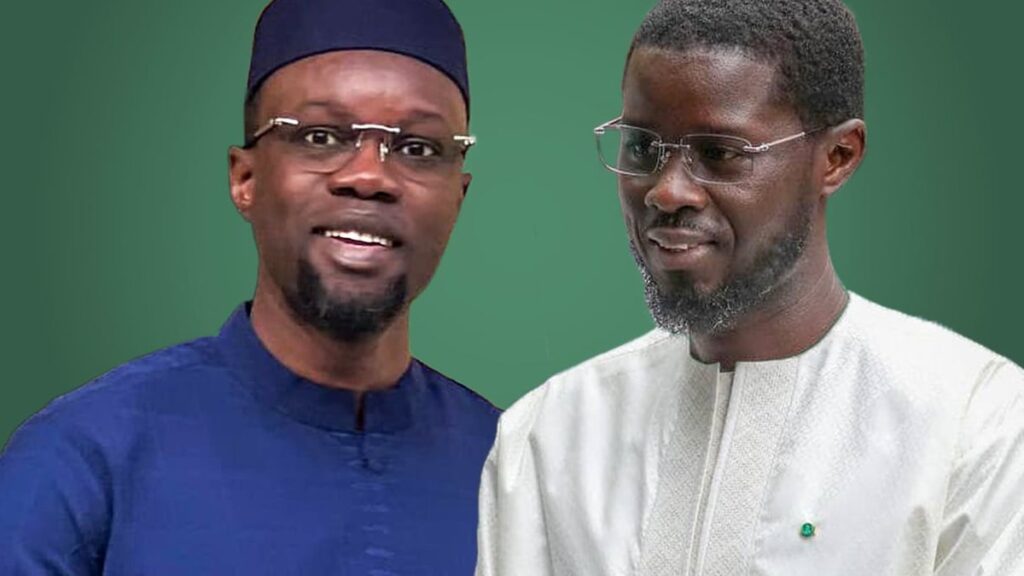
Senegal finds itself at a political crossroads as the government moves swiftly to transform the conclusions of its recent national dialogue on political reform into legislation—while opposition parties publicly reject the process and its outcomes as flawed and exclusionary.
President Bassirou Diomaye Faye formally received the final report on July 14, delivered by Dr. Cheikh Gueye, the dialogue’s general facilitator. The document, emerging from weeks of discussions, outlines reforms on governance, justice, and electoral democracy.
A ten-member committee was promptly formed to draft laws based on the report for parliamentary approval, underscoring the state’s resolve to push forward with reforms.
Yet, the opposition’s reaction has been sharply critical. Several parties that participated in the dialogue issued a public letter on August 5 accusing the process of straying far from its original aim of inclusiveness.
They claim the final report “reflects the views of a politically dominant minority,” finalized behind closed doors, ignoring key opposition proposals on public freedoms, institutional balance, and separation of powers.
The parties revealed this letter followed an unanswered June 28 correspondence to the President.
“Faced with this lack of response,” they said, “we resorted to public appeal to expose what we see as a betrayal of the spirit of dialogue.” They described the report as a “botched document” born of weak compromises and accused the executive of stacking the monitoring committee with an imbalanced membership, thus emptying the reform process of genuine consultation.
While the government views the “consensual points” reached as a solid foundation for reform, opponents argue these merely mask the systematic exclusion of fundamental disagreements.
This gulf in interpretation—both sides having participated in the same dialogue—signals a deeper mistrust at the heart of Senegal’s political transition.
The government’s plan to rapidly legislate based on the dialogue risks further resistance if perceived as a fait accompli rather than a genuinely co-constructed process. Without transparent guarantees about the committee’s composition, opposition parties warn that legislative reforms will lack legitimacy, threatening the stability of all ongoing political projects.
As Senegal embarks on this critical phase of reform, the fragile balance between dialogue and division hangs in the balance.



